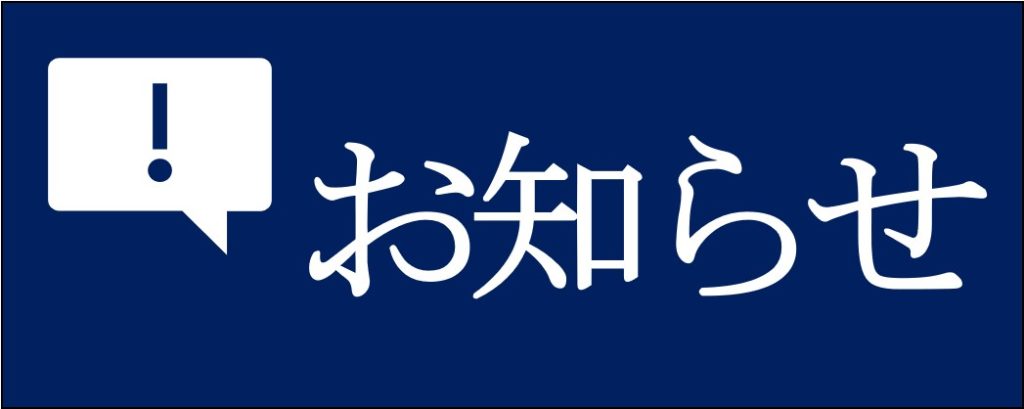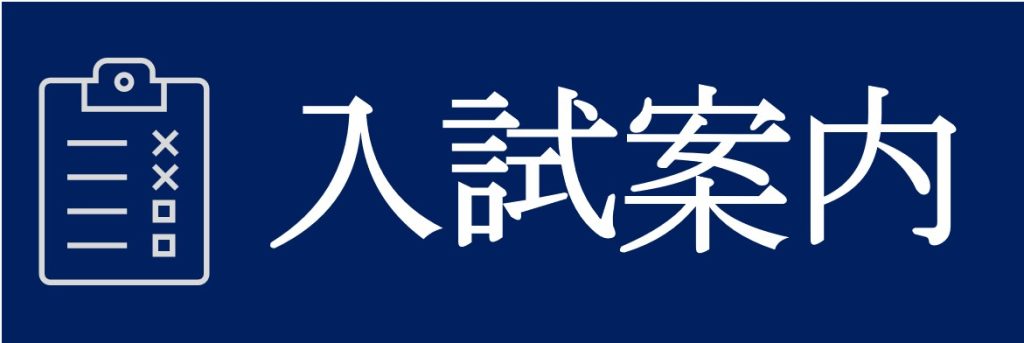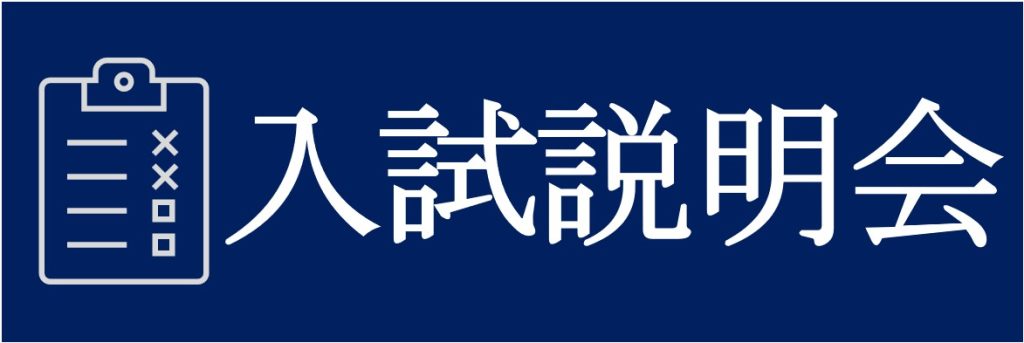Faculty
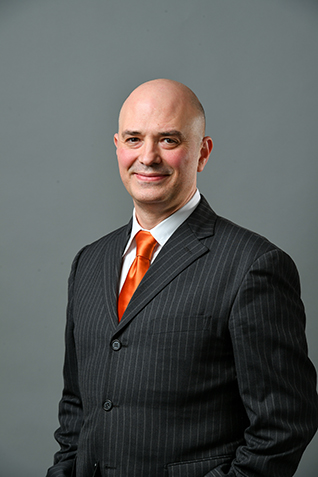
Global Circulation System
DODBIBA Gjergj
- Position
- Assoc. Prof.
- Affiliation
- Department of Systems Innovation,Faculty of Engineering,The University of Tokyo
- Keyword
- Physical and/or chemical processing of materials, Solid waste management, Resource recovery, Wastewater treatment, Environmental impact assessment
- dodbiba(at)sys.t.u-tokyo.ac.jp※Please replace (at) with @ and send mail.
Sustainable Resources Recovery and Recycling
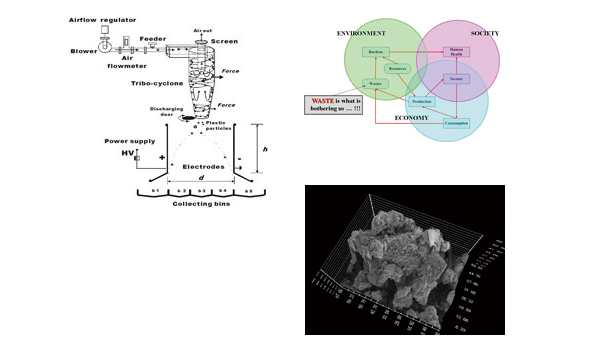
The recycling of plastic wastes: comparing energy recovery with mechanical recycling in the context of life cycle assessment
Two treatment options, i.e. energy recovery and mechanical recycling of plastic wastes, were compared in the context of life cycle assessment (LCA) methodology. The ultimate aim was to indicate which parameters of the system have the strongest influence on the results of the LCA in order to find ways for lowering the environmental burden, and ultimately suggest a “design strategy”. The main finding of this study was that mechanical recycling of plastics is more attractive treatment option in environmental terms than incineration for energy recovery, which generates a larger environmental burden.
image-794Triboelectrostatic separation of a solid mixture
The aim of this work was to design a triboelectrostatic separator for sorting components a solid mixture. The mixture was charged by friction using a tribo-cyclone. The charged particles then fell down freely through an electrostatic field into collecting bins. The components of the mixtures were drawn to either positive or negative electrode according to the polarity of the charge and were separated by falling in different bins.
image-788Synthesis of novel type adsorbents and their application in the adsorption of various ions
A series of “easy-to-prepare” iron-based powders was synthesized and their application in the adsorption of Mo ions in 3 mol/L nitric acid solution was investigated. The powders were also calcinated at various temperatures, which effect was investigated as a function of the dissolved Fe concentration in the solution. In addition, the equilibrium sorption isotherm of Mo onto Fe-based adsorbent was analyzed by the Langmuir, Freundlich and Redlich?Peterson sorption models, whereas the adsorption kinetic was analyzed using the intraparticle diffusion model and the pseudo-second order kinetic model.


